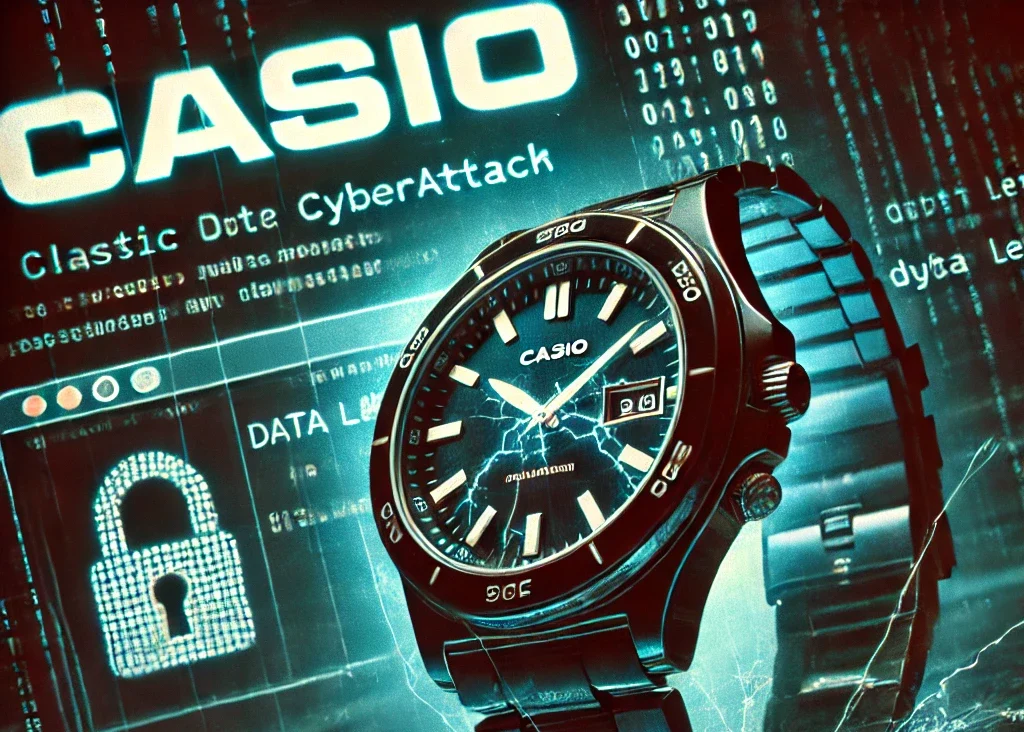Casio Hacked: Ransomware Attack Leads to Data Breach

On October 5, 2024, Japanese electronics giant Casio revealed that it had suffered a devastating cyberattack, leading to a data breach. Casio confirmed that the attack was orchestrated by the notorious ransomware group known as “Underground.” The hackers reportedly gained unauthorized access to the company’s network, causing system failures and service disruptions. Casio’s initial investigation uncovered that over 200 GB of sensitive data had been stolen, including personal information, confidential employee files, legal documents, and business partner details.
Casio, while continuing its investigation, has urged the public not to spread leaked data. This plea follows Underground’s decision to begin leaking sensitive information after Casio refused to pay the demanded ransom. The ransomware group claimed to have obtained legal documents, payroll information, NDAs, patents, and financial records. Casio has warned that sharing this information could cause immense damage to those affected, violate privacy rights, and potentially lead to additional criminal activity.
Despite Casio’s commitment to minimizing further damage, the data leak is expected to have serious implications for the company, its employees, business partners, and customers.
A Better Approach to Security: The Zerocrat Model
In light of such high-profile breaches, it’s crucial to examine how businesses can safeguard their sensitive data. Zerocrat, a privacy-first accounting SaaS, provides a prime example of a robust security model that could prevent such incidents. Zerocrat utilizes a zero-knowledge architecture, meaning that not even Zerocrat itself has access to sensitive user data. This is achieved through a combination of AES-256 encryption and the use of PBKDF2 for secure key generation. By ensuring that all data remains encrypted at rest and in transit, Zerocrat eliminates the risk of exposing internal information, even in the event of a breach.
Moreover, unlike traditional systems, Zerocrat minimizes dependencies on external systems and frameworks, reducing attack vectors for cybercriminals. This streamlined approach, combined with state-of-the-art encryption, ensures that sensitive data remains secure and inaccessible to unauthorized parties.
As ransomware attacks continue to threaten businesses globally, companies should consider adopting security models like Zerocrat’s to protect their data and the privacy of their users. The Casio breach is a sobering reminder that, without strong encryption and zero-knowledge architecture, sensitive data remains vulnerable to cybercriminals.
By focusing on privacy and security, Zerocrat sets a new standard for data protection, offering an essential layer of defense against the escalating threat of cyberattacks.
